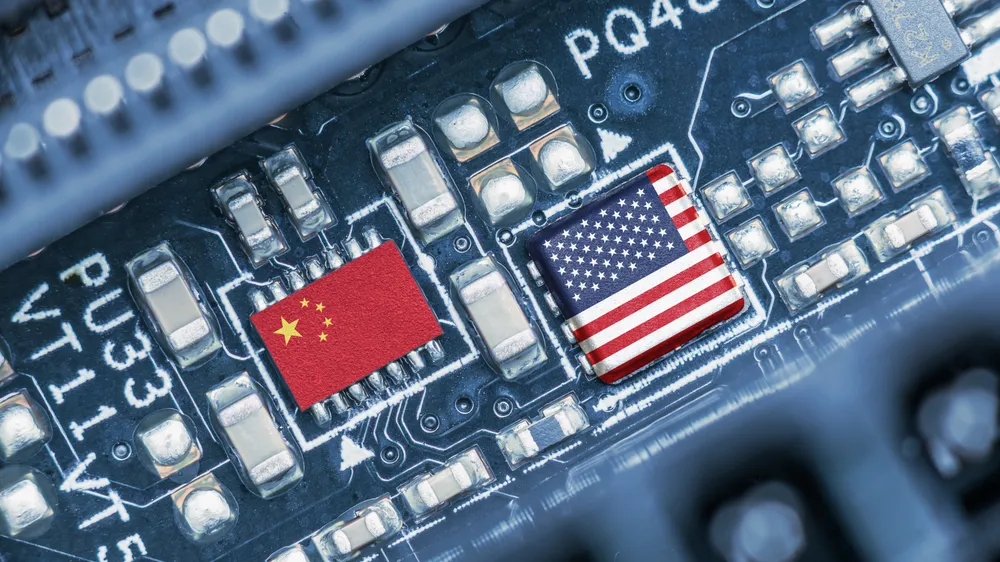
China May Settle for Second Place in the AI Race
The United States has recently tightened its technology restrictions on China, leading to a decline in the value of major global chip companies. Amid these developments, there is growing speculation that China may not be aiming for absolute leadership in the AI race, but instead is choosing to move forward steadily and strategically. Rather than expending all its resources to be number one, Beijing seems to be opting for a more controlled path.
In the field of artificial intelligence, China is focusing more on practical solutions rather than costly infrastructure investments. Some of its open-source AI systems are not only more affordable but also better suited for widespread adoption. Meanwhile, the U.S. sanctions have increased global interest in Chinese tech companies, giving China an opportunity to build a self-sufficient technological ecosystem domestically.
The Chinese government is openly supporting its tech giants. President Xi Jinping’s highly publicized meeting with the founder of Huawei highlights just how strategically important these companies are to Beijing. Furthermore, U.S. restrictions are not limited to China; they also affect other countries, pushing them to seek closer technological ties with China.
Ultimately, China is not focused on winning the race at any cost. Instead, it is working toward technological independence, reducing external dependency, and strengthening its position over the long term. China's strategy may not be about finishing first, but about building resilience and maintaining a stable, influential role in the evolving global tech landscape.

